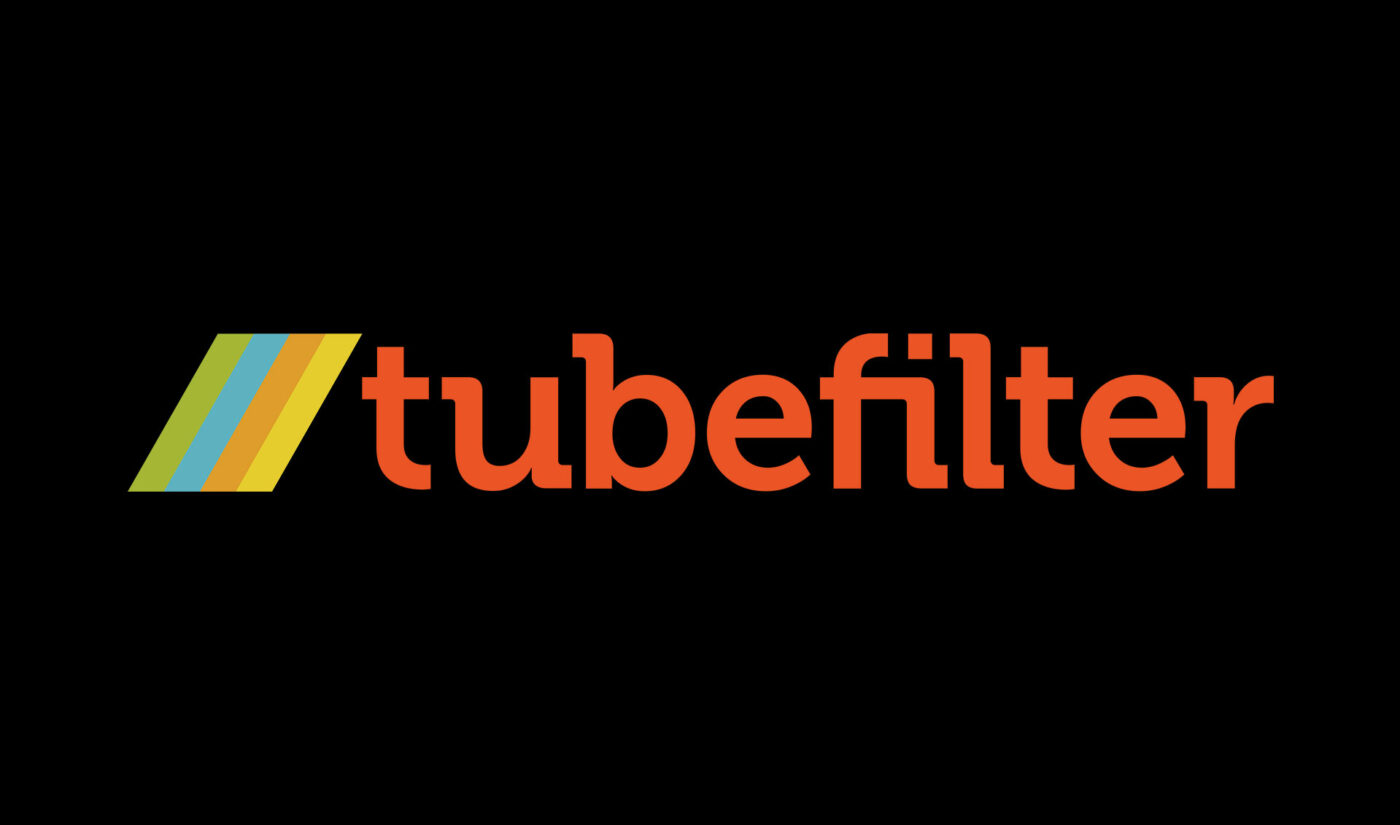At around 1:00 am on March 3rd, 1991, George Holliday, a plumber and general manager of a Los Angeles Rescue Rooter, was awakened by a chorus of police sirens. Peering from his apartment window, Holliday saw a helicopter, six police vehicles, a white Hyundai and a swarm of men in dark uniforms. Holliday grabbed his Sony CCD-F77 camcorder, a newly-purchased gadget, and filmed the commotion from his apartment.
Two days later, Holliday called the LAPD to inquire about the scene. Holliday identified himself as a witness, but the officer was curt and disinterested. Frustrated by the officer’s response, Holliday called his local TV news station, KTLA, and offered up his videotape. That evening, CNN aired KTLA’s report and Holliday’s 90-second tape became known as the recorded evidence of the Rodney King beatings.

Subscribe to get the latest creator news
There are plenty of sites that serve up lots of videos of the days events so people can watch the raw footage for themselves. What the evening newscasts do, both on the air and online, is provide an editing function – classifying what’s important, from a political event to a medical study – and compressing it into an easily digestible chunk with a bit of analysis, for people who are pressed for time.
Traditionally, a citizen like Holliday, who provides the mainstream media (MSM) with some form of knowledge – a tape, a document, a juicy detail – is known as a tipster, or a leak. In the early 90s, when the networks were still the only show in town, Holliday had to approach the MSM to be heard. Some 17 years later, with the digital revolution underway, it’s more likely that a tip, especially a video will go straight to the web.
On his personal website, Neil McIntosh, head of editorial development for guardian.co.uk, wrote, “I’m not sure how traditional journalistic rules of engagement (off the record, on the record, scratch my back and I’ll scratch yours) can be enforced when everyone has a camcorder in their pocket.”
Referring to “bittergate,” McIntosh continued, “This, then, is less an issue for journalism, more one for political campaigners and masters of spin…Thus, tragically, the only logical response is for the candidate to clam up; treat every moment as a moment on Newsnight or Meet The Press…The implication of all those could be that, ironically, candor dries up because this is an age when everybody can be a reporter if they want to.”
One could describe McIntosh’s prediction as the present-day relationship between politicians and the MSM; a candidate’s ability to be forthright is overpowered by his/her need to be censored. However the perfect storm, which has been brewing since the days of Holliday and his Sony CCD-F77, may soon enough ensure the disintegration of the current ‘news ecology.’
This newfound media democracy will empower voters to demand more candor, less caution, and a candidate who wasn’t made-for-TV.








